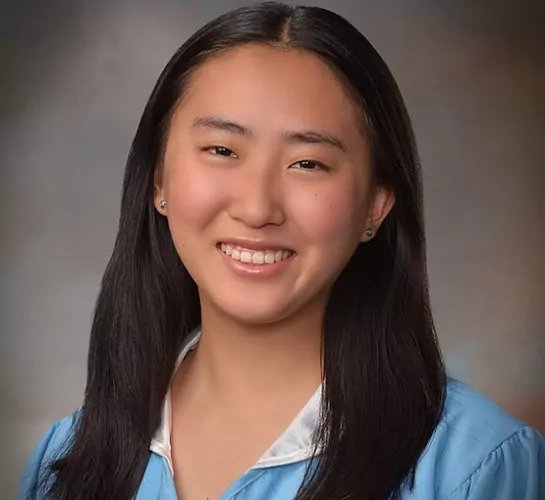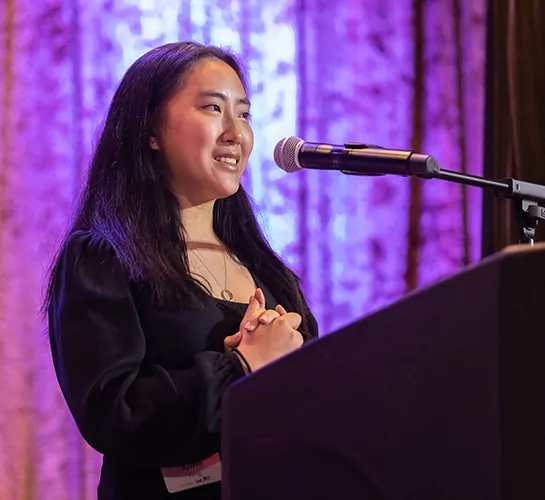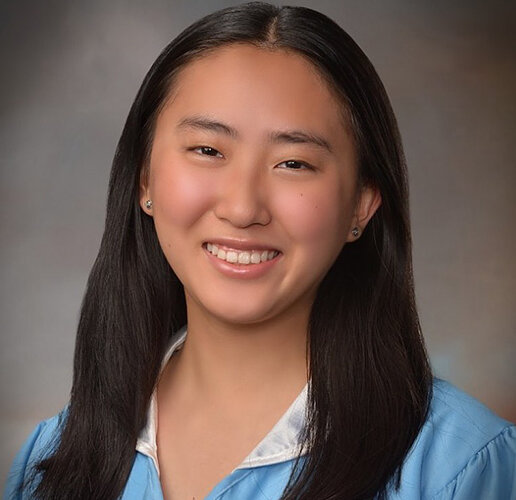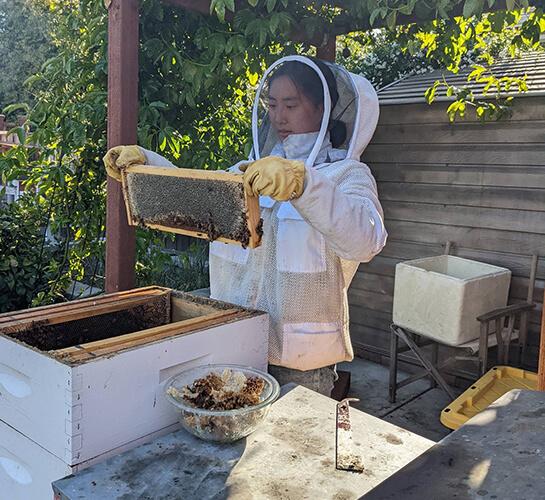Deeper Dive
As a beekeeper, I have always been aware of the rapid decline in bee population across the world. But, from online research, I found that one of the leading causes of colony mortality for both commercial bee farms and hobbyists was queen failure, which included queen death and the inability of the hive to produce a new queen naturally. After reading an article about the “queenless roar,” I was inspired to begin this project. It explained that queenless colonies would emit a specific buzz, which some experienced beekeepers were able to identify. However, as an amateur beekeeper, I was far from sensitive to the sound. So, using a tool that I was familiar with, machine learning, I wanted to create an algorithm that could help beekeepers monitor the presence of their queens without needing to take the time to acquire the listening skill. I organized the research into three components: the IoT data collection device, the collection of high-quality and diverse data, and the development and experimentation of machine learning models for queen assessment.
My mentor, Professor Huang, advised me to include queen acceptance/rejection from the hive, since a common problem in the beekeeping community was determining when to release a new queen from her cage in the hive so that she wouldn't be attacked by the colony. If released too early, the queen could be rejected and killed. If released too late, the colony could already be too weak without an active queen laying eggs. Some of my greatest difficulties were in the data collection, as I was working alongside nature, which is very difficult to control. On two separate occasions, the queen bees were rejected by the hive after re-introduction and flew away, unable to be found. In my first collection of a week of queenright data, when I had not yet considered all possibilities, I discovered that the hive I believed to be queenright had actually lost the queen over the course of my recording, and had made more than ten emergency queen cells. This especially had come as a shock to me, because it had been one of my most robust hives. To overcome these difficulties, I simply tried and tried again. Almost none of the data collection cycles went completely smoothly, but I was able to piece together the valid data and eliminate the indeterminate data to form the 7.1k sample dataset.
Through publishing my open-access dataset, I hope that other researchers will continue investigating queen acceptance and sound, making advancements inspired by my work. This research is only the beginning for a solution to a common beekeeping problem, queen failure, which I hope to continue developing. Using the hardware and machine learning developed in this research, I want to assist all beekeepers— irrelevant of honey bee strains, location, occupation (commercial or hobbyist), and season. This research covers the basis for the realization of this goal.



